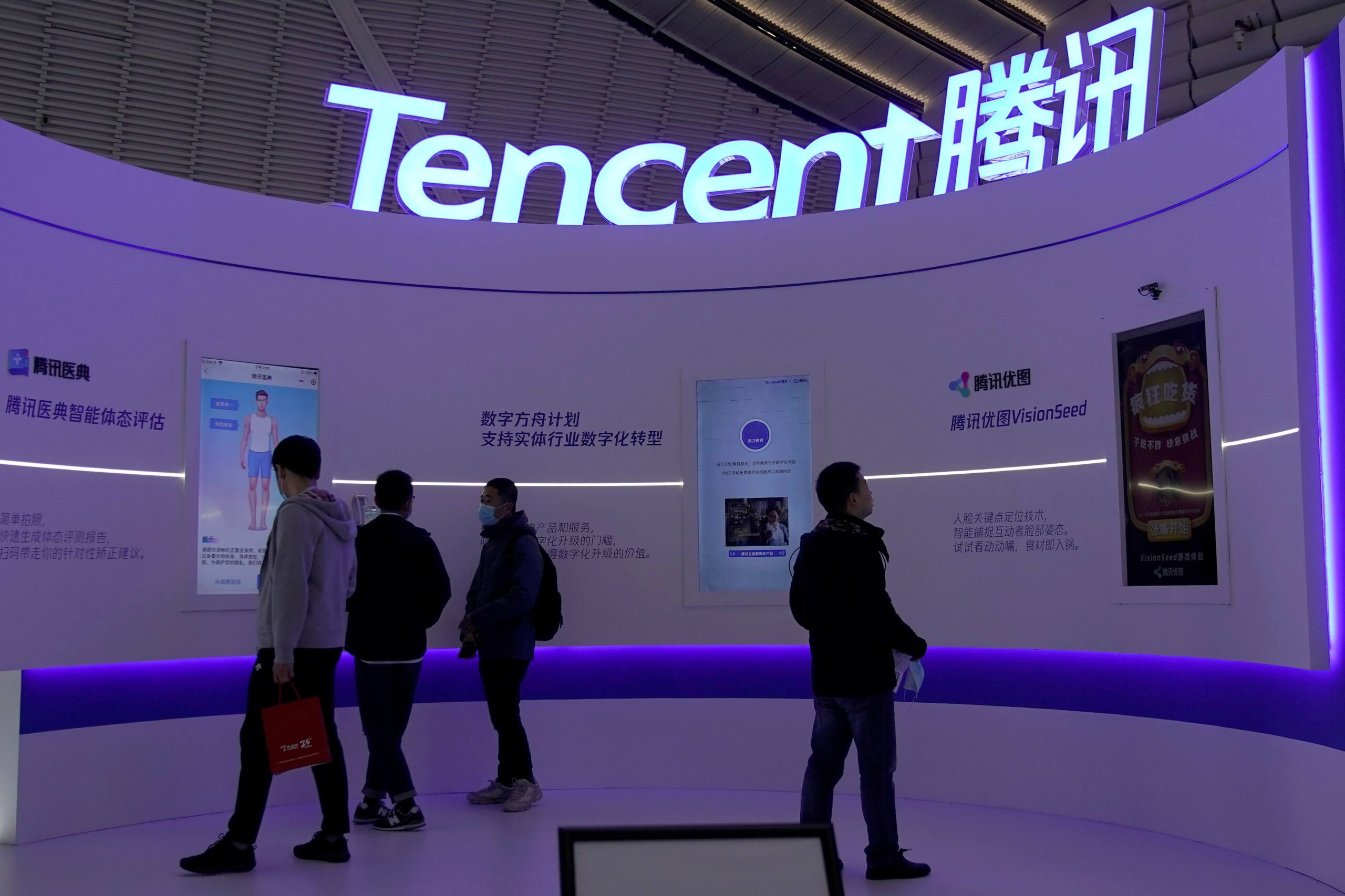In a recent development in the ever-evolving landscape of China’s digital regulatory framework, mobile app stores operated by tech giants like Tencent Holdings, Xiaomi, and others have embarked on implementing stringent measures to comply with Beijing’s latest regulations. These regulations, introduced just last month, aim to tighten oversight of mobile apps within the country, raising concerns within the industry about the future of app publishing in the world’s second-largest economy.
One of the key aspects of these new rules is the requirement for mobile app publishers to furnish detailed business information to the government. App stores in China were given until the end of August to establish systems for overseeing these filings for new apps, effectively marking the deadline for adherence to these new regulations.
According to Rich Bishop, CEO of AppInChina, a company specializing in app publishing, “The Android app stores have confirmed that new apps require the app filings from Friday onwards, and existing apps must have it from March 31 onwards.” This requirement presents a significant challenge for global apps that operate within China, as it essentially forces them to either establish a local entity or collaborate with a local partner to meet the compliance criteria.
The introduction of these new rules reflects Beijing’s ongoing commitment to scrutinizing and regulating the technology sector, even though it may have eased up on some of its previous wide-ranging regulatory crackdowns. China continues to steer business activities in alignment with its socialist ideals, ensuring that tech companies operating within its borders adhere to strict regulatory frameworks.
Notably, prominent Android-based app stores such as Tencent, Huawei Technologies, Xiaomi, OPPO, and Vivo have already taken action by issuing notices to app publishers, warning that new apps lacking the requisite paperwork will not be featured on their platforms. This move is seen as a clear signal that compliance with the new regulations is non-negotiable. While some of these notices were viewed by Reuters, others were featured in blog posts by Xiaomi, OPPO, and Vivo.
Curiously, Apple has not yet disclosed its strategy for complying with Beijing’s new rules within its app store in China. As of the latest available information, Apple’s app store is not actively verifying apps’ filing status, as confirmed by AppInChina based on its own investigations. However, Apple has remained tight-lipped regarding its approach to these regulations, and it has not responded to requests for comments from Reuters.
In the broader context, the Ministry of Industry and Information Technology (MIIT) has not provided immediate comments or clarifications regarding these developments. Furthermore, industry giants such as Tencent, Huawei, Xiaomi, OPPO, and Vivo have also remained silent in response to requests for comments on how they plan to navigate these regulatory changes.
Interestingly, even Tencent’s WeChat, China’s most popular social media platform, has conveyed to app publishers that the same filing requirements will be applied to “WeChat Mini Apps.” These refer to applications that are directly published on the WeChat platform.
According to Huawei’s notice, the MIIT has established a dedicated task force to enforce the new policy and is scheduled to hold discussions with industry participants to address the nuances of this evolving regulatory landscape. App stores are also expected to prominently display each app’s filing status on their platforms, enhancing transparency for both users and app developers alike.
As China continues to assert its regulatory authority over its digital ecosystem, the tech industry will undoubtedly remain vigilant, adapting to these changes and seeking compliance with the evolving rules of engagement in one of the world’s most dynamic and heavily regulated markets.





